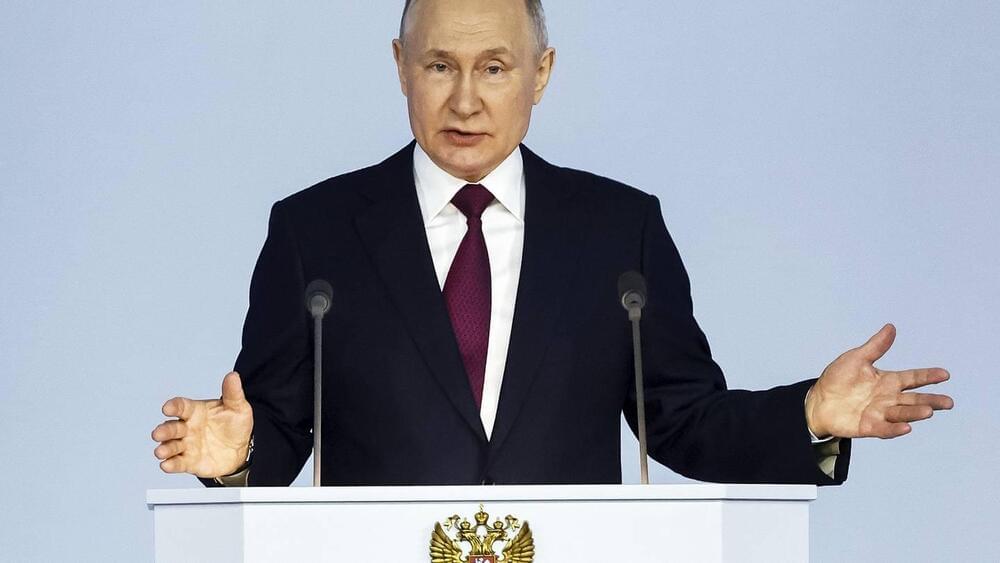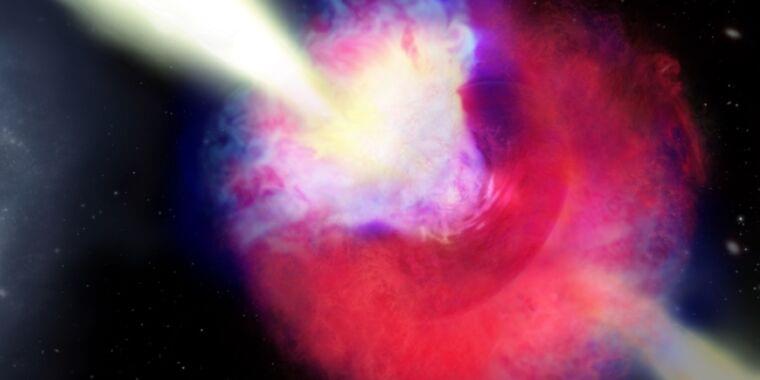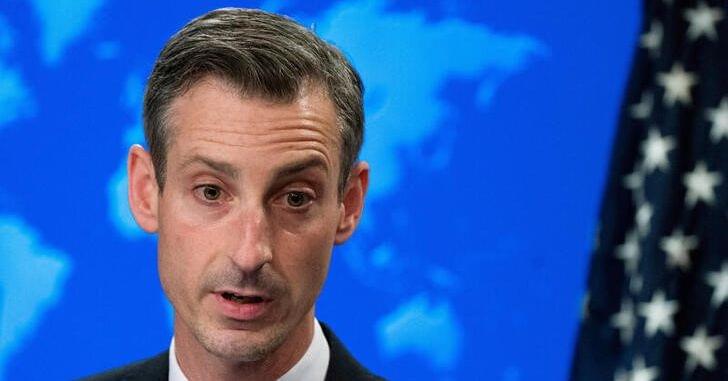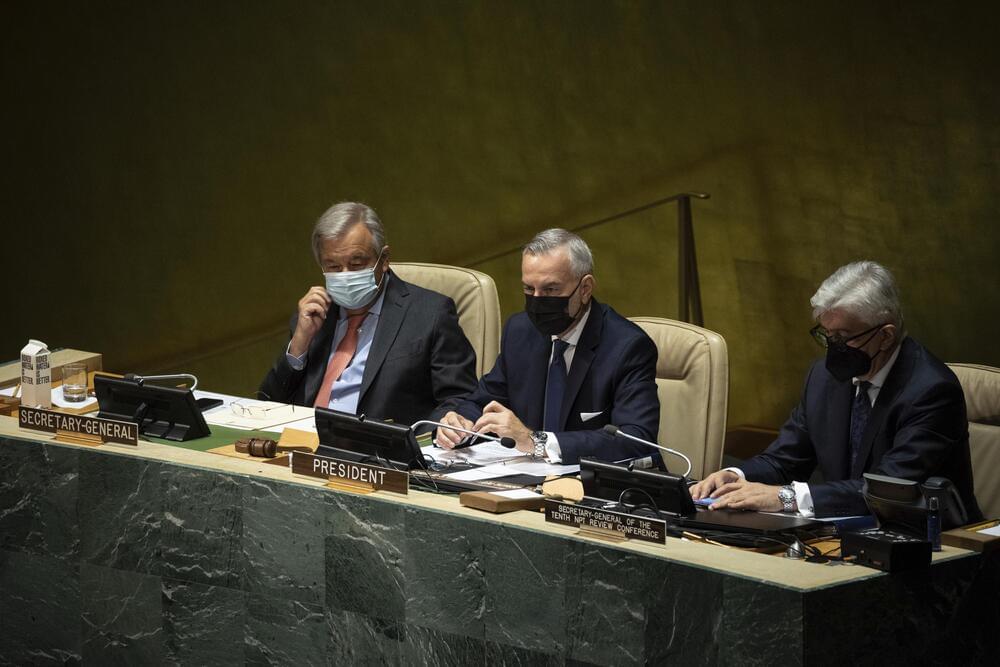Quote:
Putin also said that Russia would suspend its participation in a treaty aimed at keeping a lid on nuclear weapons expansion. The so-called New START Treaty was signed by Russia and the U.S. in 2010. It caps the number of long-range nuclear warheads they can deploy and limits the use of missiles that can carry atomic weapons.
Putin said Tuesday in a major address that Russia was not fully withdrawing from the treaty yet. He said Russia must stand ready to resume nuclear weapons tests if the US does so.
Russian President Vladimir Putin accused Western countries Tuesday of igniting and sustaining the war in Ukraine, refusing any blame for Moscow almost a year after the Kremlin’s invasion of its neighbor that has killed tens of thousands of people.









